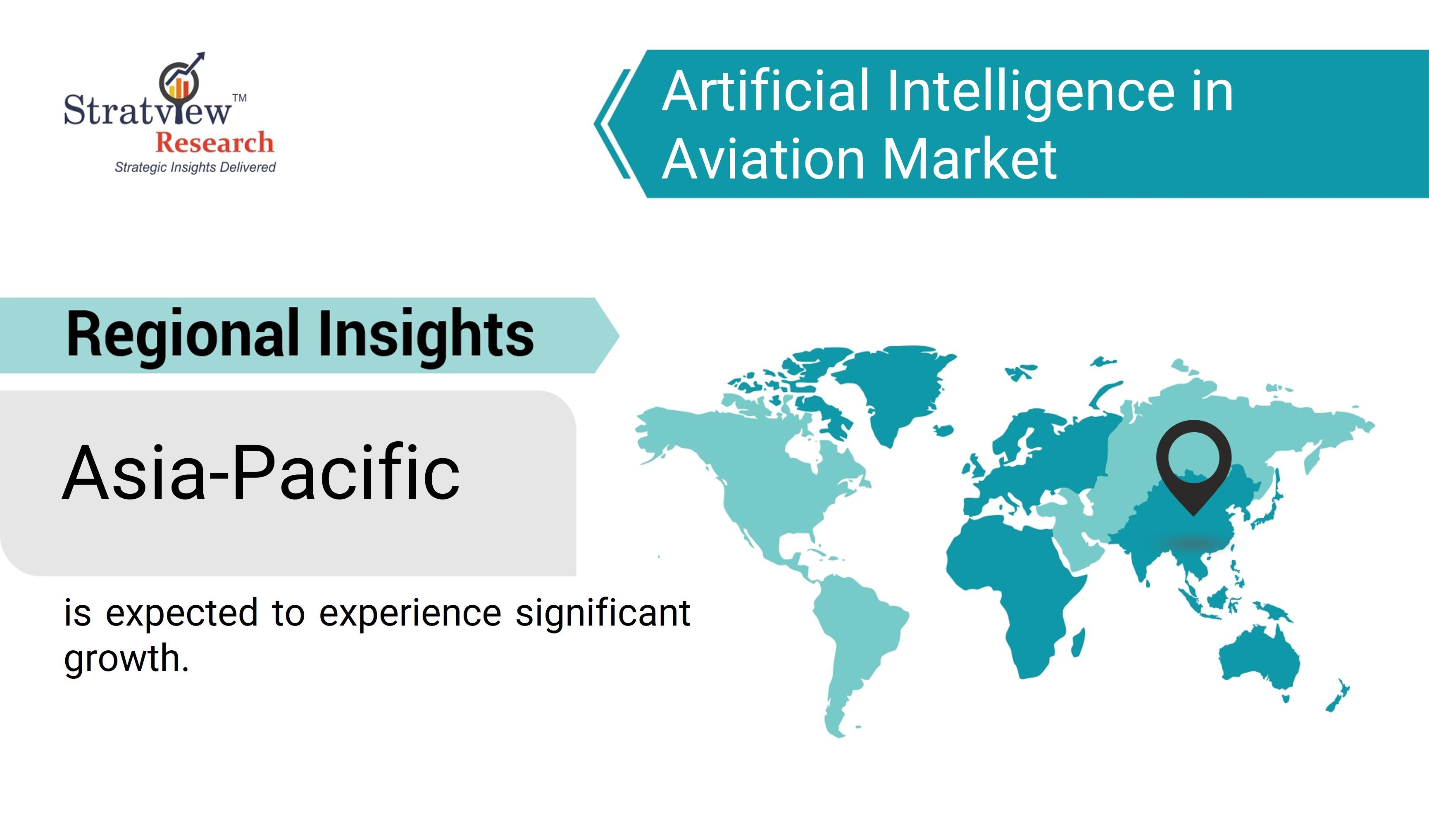Exploring the Impact of AI on Airline Operations and Efficiency

Artificial Intelligence (AI) is reshaping the airline industry, driving significant improvements in operational efficiency and customer experience. By harnessing the power of AI, airlines are optimizing their operations, reducing costs, and enhancing service quality. Here’s an exploration of how AI is impacting airline operations and efficiency.
According to Stratview Research, the artificial intelligence in aviation market was estimated at USD 1.13 billion in 2022 and is likely to grow at a CAGR of 27.2% during 2023-2029 to reach USD 6.08 billion in 2029.
1. Optimizing Flight Operations
AI plays a crucial role in optimizing flight operations. Advanced algorithms analyze vast amounts of data from weather forecasts, air traffic, and aircraft performance to generate more efficient flight plans. AI systems can recommend optimal routes, adjust flight paths in real-time, and minimize fuel consumption, all while reducing delays and improving overall operational efficiency. This not only leads to cost savings but also contributes to more sustainable aviation practices.
2. Enhancing Predictive Maintenance
Predictive maintenance is another area where AI is making a significant impact. By analyzing data from aircraft sensors and historical maintenance records, AI systems can predict potential equipment failures before they occur. This proactive approach allows airlines to perform maintenance tasks only when necessary, reducing unscheduled downtimes and enhancing aircraft reliability. Predictive maintenance also helps airlines manage their maintenance resources more effectively, improving overall efficiency.
3. Streamlining Operations and Scheduling
AI is transforming airline operations by streamlining scheduling and resource management. AI-powered systems optimize crew scheduling, manage gate assignments, and coordinate ground services with greater accuracy. These systems use historical data and real-time information to adjust schedules dynamically, minimizing delays and improving operational efficiency. Additionally, AI helps airlines better manage their fleets by predicting maintenance needs and adjusting aircraft utilization to maximize efficiency.
4. Improving Customer Experience
Customer experience is significantly enhanced through AI-driven solutions. Chatbots and virtual assistants provide passengers with real-time support for booking, check-in, and boarding processes. AI algorithms analyze customer preferences and behaviors to offer personalized recommendations, improving the overall travel experience. Additionally, AI-powered systems assist in managing disruptions, such as flight delays or cancellations, by providing timely updates and rebooking options.
5. Enhancing Safety and Security
AI also contributes to improved safety and security in airline operations. AI systems analyze data from various sources, including flight data recorders and security screenings, to identify potential risks and enhance safety protocols. By detecting anomalies and predicting potential issues, AI helps prevent accidents and ensures a safer travel environment.
6. Reducing Operational Costs
By automating routine tasks, optimizing resource management, and improving efficiency, AI helps airlines reduce operational costs. From fuel savings to maintenance efficiency, the cost benefits of AI are substantial, contributing to the financial health of airlines.
Conclusion
AI is revolutionizing airline operations by optimizing flight planning, enhancing predictive maintenance, streamlining scheduling, and improving customer experience. As AI technologies continue to advance, airlines will benefit from increased efficiency, reduced costs, and enhanced service quality, paving the way for a more efficient and customer-focused aviation industry.
- Art
- Causes
- Crafts
- Dance
- Drinks
- Film
- Fitness
- Food
- Games
- Gardening
- Health
- Home
- Literature
- Music
- Networking
- Other
- Party
- Religion
- Shopping
- Sports
- Theater
- Wellness


